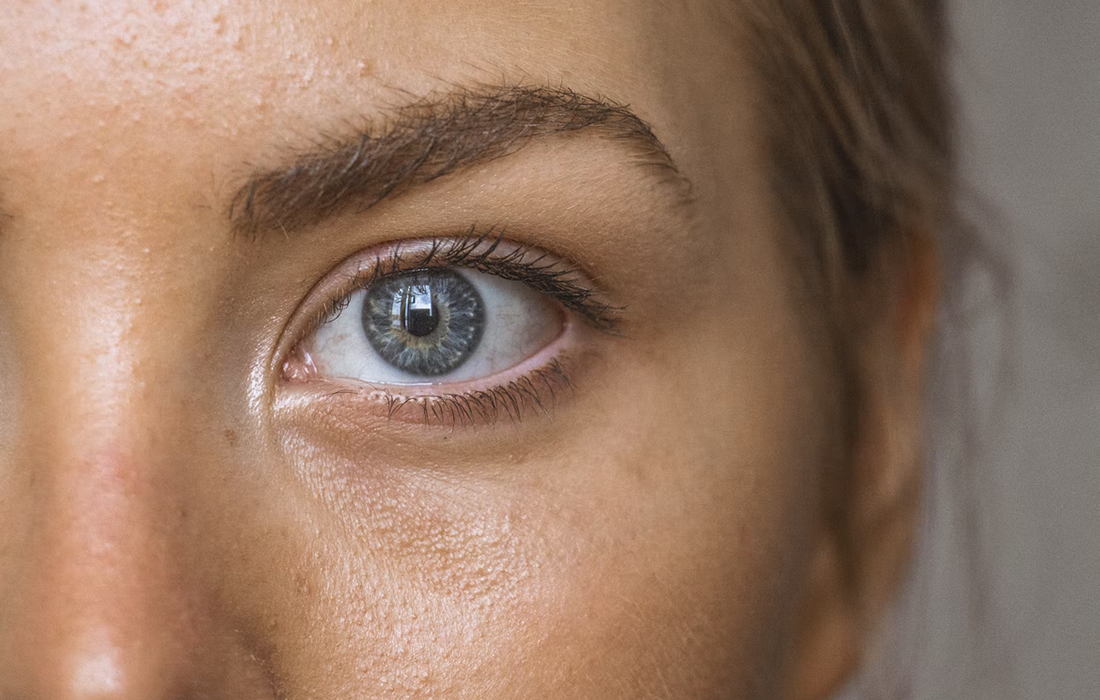Regenerative Medicine News and General Information
New Treatment for Atopic Dermatitis
Atopic dermatitis (AD) is a chronic inflammatory skin disease characterized by eczematous lesions and intense pruritus, which often has a profound impact on daily activities and quality of life of patients and their families.
There are different therapeutic options for patients with AD that are not controlled with topical treatments, such as cyclosporine, methotrexate, long term oral corticosteroids, and phototherapy. But unfortunately they come with many side effects.
Some more targeted therapies include those that target type 2 immune responses, such as anti-IL4/IL-13, anti-IL-13, and anti-IL-30 biologics, and although they may achieve a higher efficacy and drastically change patients lives, their potential to modify the history of AD is not yet clear.
In a recently published study, researchers evaluated the use of sublingual immunotherapy involving dust mite extract as a treatment for atopic dermatitis.
Study Development and Results
The study included a total of 66 participants with confirmed diagnosis of eczema (35 in the study group and 31 in the control group) and sensitivity to dust mites, and it lasted 18 months.
People with eczema usually have sensitivity to house dust mites, which are microscopic parasites that eat dead human skin. The researchers used sublingual immunotherapy using house dust mite extract.
The team demonstrated that symptoms of eczema were decreased in 55.6% when compared to the control group. The researchers concluded that the therapy may be an effective add-on therapy for people with eczema who also have sensitivity to dust mites.
Source:
Sarah Sella Langer, et al. Efficacy of House Dust Mite Sublingual Immunotherapy in Patients with Atopic Dermatitis: A Randomized, Double-Blind, Placebo-Controlled Trial. J Allergy Clin Immunol. 2021. https://doi.org/10.1016/j.jaip.2021.10.060
Image from:
Photo by Amanda Dalbjörn on Unsplash

